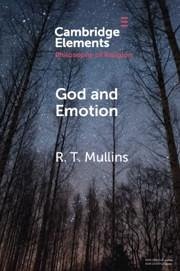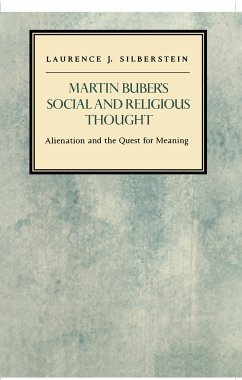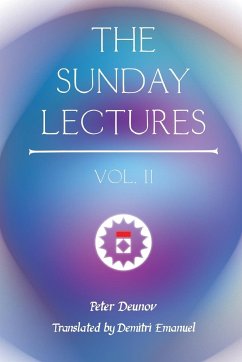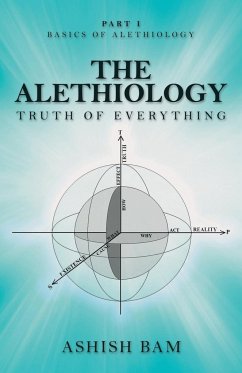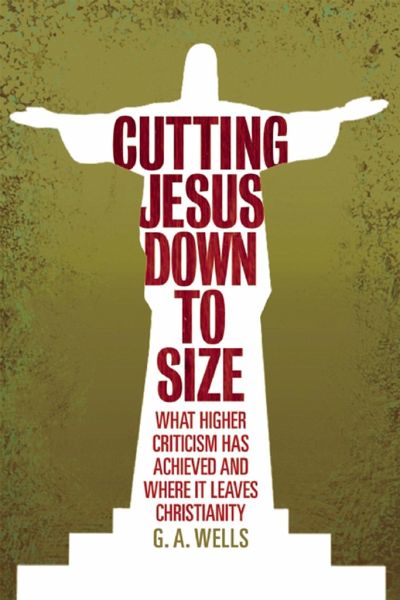
Cutting Jesus Down to Size
What Higher Criticism Has Achieved and Where It Leaves Christianity

PAYBACK Punkte
15 °P sammeln!
In this provocative book, noted scholar G. A. Wells tells the story of Higher Criticism: the close study of the scriptures that reveals difficulties and discrepancies. Wells traces the discipline's German beginnings, exploring the problems in the New Testament that prompted scholars to revise traditional theories of the scriptures' origins. Wells then traces the development and reception of these views from the 18th century to today. Drawing on current biblical scholarship, Wells explains how the Jesus of Paul's epistles differs radically from later versions and addresses conservative Christia...
In this provocative book, noted scholar G. A. Wells tells the story of Higher Criticism: the close study of the scriptures that reveals difficulties and discrepancies. Wells traces the discipline's German beginnings, exploring the problems in the New Testament that prompted scholars to revise traditional theories of the scriptures' origins. Wells then traces the development and reception of these views from the 18th century to today. Drawing on current biblical scholarship, Wells explains how the Jesus of Paul's epistles differs radically from later versions and addresses conservative Christians' attempts to reconcile them. He carefully analyzes what the New Testament says about miracles, the Virgin Birth, the Nativity, Jesus' conflicting genealogies, the Resurrection, the post-Resurrection appearances, and the failed prophecies of imminent apocalypse. Wells persuasively profiles the New Testament as a fascinating but flawed collection of incompatible viewpoints, revealing Jesus as a shifting, ambiguous, legendary figure who reflected the evolving teachings of a fragmented, emotion-based cultic movement.






